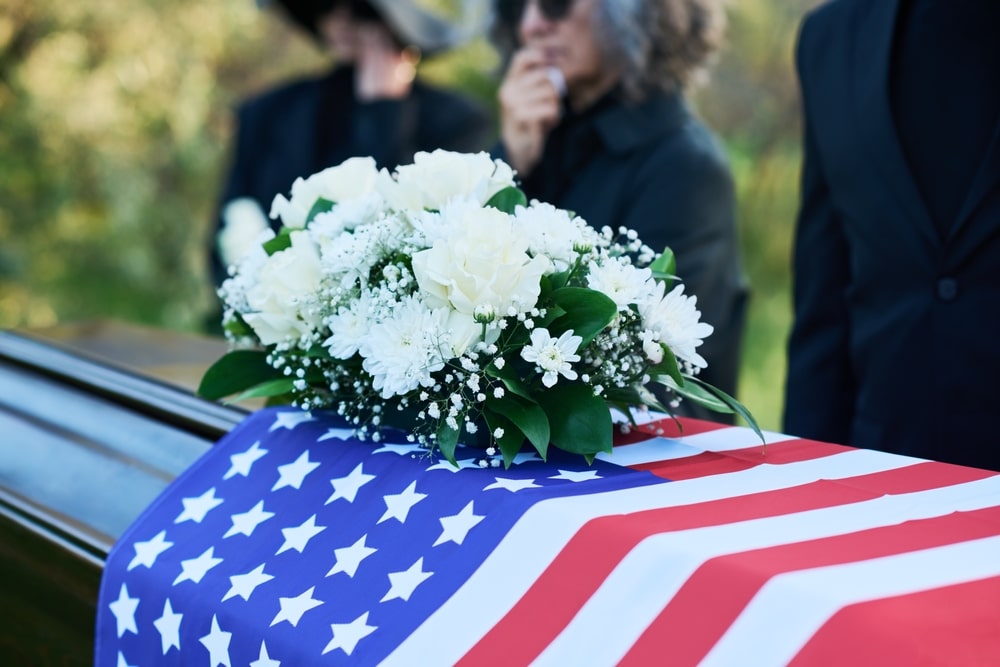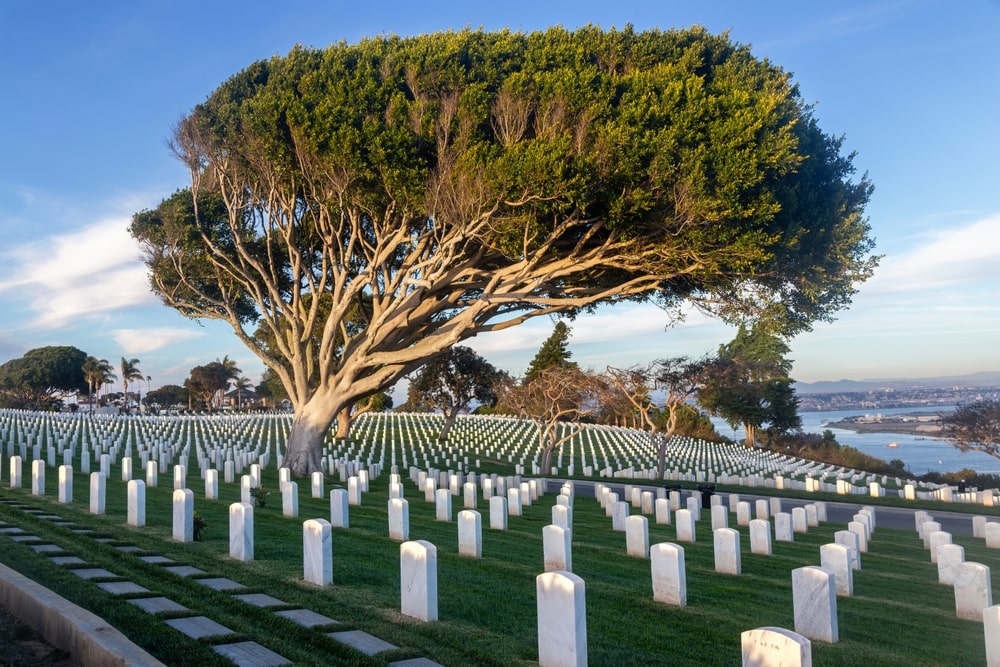Did you know that the government provides burial benefits for eligible veterans?
Every year, many veterans miss out on receiving these burial benefits because they don’t know what’s available to them. But with a little advance planning, you can ensure that you and your family receive the burial benefits you are entitled to. To learn what burial benefits you’re eligible for, you can contact your local VA office.
Not sure where to start? Here is a checklist to assist you in planning ahead as a veteran:
To download a PDF version of this checklist, click here.
Locate a copy of your DD Form 214
The veteran’s DD Form 214 or equivalent is required to access burial benefits. This form identifies the classification of discharge. If a veteran has anything less than a general discharge, he or she may not qualify for burial benefits.
To make applying for burial benefits easier, make sure your next of kin knows where you keep your DD Form 214. If the DD Form 214 is misplaced or lost, contact Veteran Affairs or your local Veteran Service Officer to request a replacement form.
Record your wishes about military honors
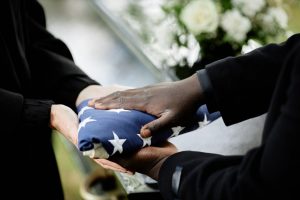
Normally, your funeral director will contact the honor guard of the veteran’s military branch if military honors are requested. In addition, one burial flag will be presented to the next of kin. Make a note of to whom the flag should be presented and which military honors you wish to receive.
Understand your benefits
While the VA will not pay for cremation or funeral costs in full, they may pay the next of kin a burial allowance. Your eligibility depends on your circumstances and whether you qualify. To make sure funeral costs are covered, you should make arrangements with a funeral home.
What’s covered at a national cemetery
A veteran buried in a national cemetery is eligible to receive, at no cost to the family, an opening and closing of the grave, perpetual care, government-furnished headstone or marker, one burial flag, a Presidential Memorial Certificate, and a grave liner.
Also, burial benefits are available for spouses and dependents buried in a national cemetery. These benefits include burial with the veteran, perpetual care, and the spouse or dependent’s name and date of birth and death inscribed on the veteran’s headstone, at no cost to the family. Eligible spouses and dependents may be buried, even if they predecease the veteran.
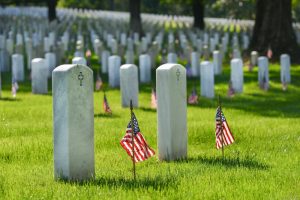
If you are requesting burial in a national cemetery, contact the National Cemetery Administration to make burial arrangements. The funeral director or person making arrangements will send all discharge documentation to the National Cemetery Scheduling Office. For more information, visit the National Cemetery Administration website. Burials at Arlington National Cemetery are reserved for military retirees, Medal of Honor recipients, or service members who die on active duty.
What’s covered at a state cemetery
Burial benefits may also be available at your local state cemetery, including opening and closing of the grave, perpetual care, grave liner, and the setting of the government-furnished headstone or marker. In addition, an eligible veteran buried in a state cemetery is still entitled to receive a government headstone or marker, one burial flag, and a Presidential Memorial Certificate, at no cost to the family.

Check with your funeral director for more information about burial benefits that may be available for eligible dependents. Additionally, your funeral director can inform you about any fees associated with burial.
What’s covered at a private cemetery
Veterans buried in a private cemetery may be eligible to receive a government-furnished headstone, a marker or medallion, one burial flag, and a Presidential Memorial Certificate, at no cost to the family. Spouses and dependents buried in a private cemetery are not eligible for any VA benefits. To determine eligibility, contact your local Veteran Service Officer.
Remember that certain conditions affect burial allowance eligibility
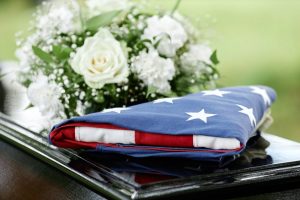
For eligible veterans, the VA provides burial allowances to help offset an eligible veteran’s burial or cremation and funeral costs. However, these burial allowances typically do not cover the full cost. To receive a burial allowance, you must meet at least one of the following conditions:
- The veteran dies due to a service-connected disability.
- The veteran is receiving a VA pension.
- The veteran was entitled to receive a VA pension or compensation but decided not to reduce his/her military retirement or disability pay.
- The veteran dies while in a VA or contracted VA hospital or under VA care.
- The veteran dies while traveling under proper authorization and at VA expense to and from a specified place for treatment or examination.
- The veteran had an original or reopened claim pending at the time of death, and it has been determined he/she is eligible for compensation or pension from a date before their death.
- The veteran died on or after October 9, 1996, while a patient at a VA-approved state nursing home.
Contact your VA office to determine if you are eligible for a burial allowance.
Still have questions? Check out our Veterans’ Burial Benefits FAQ for more information.


